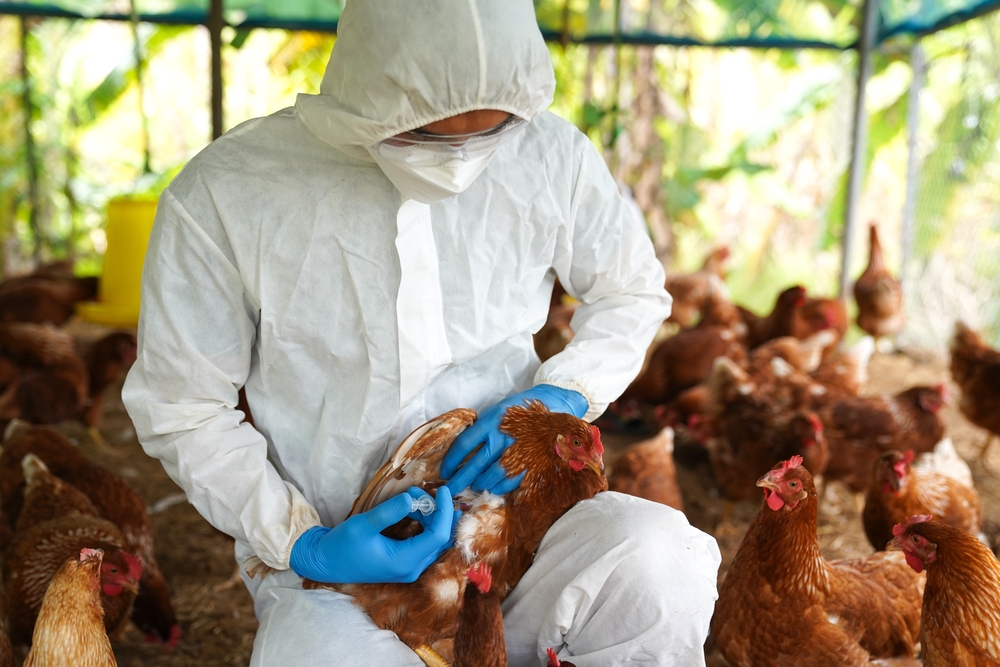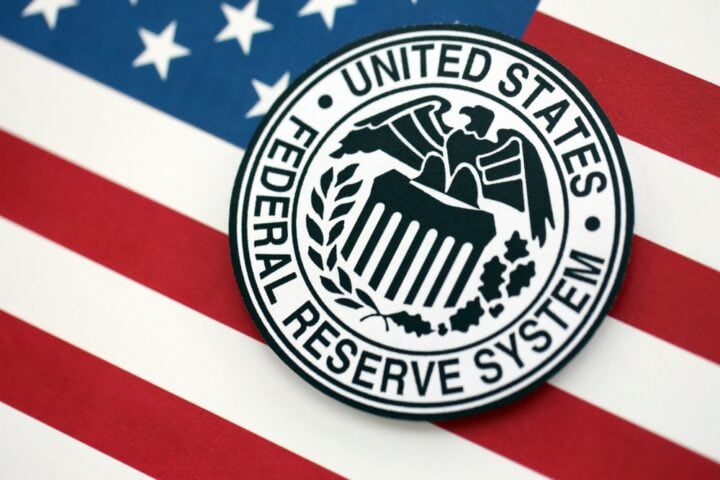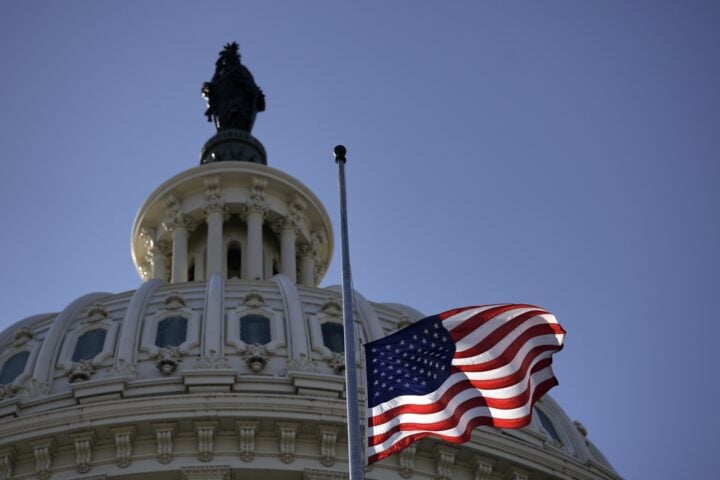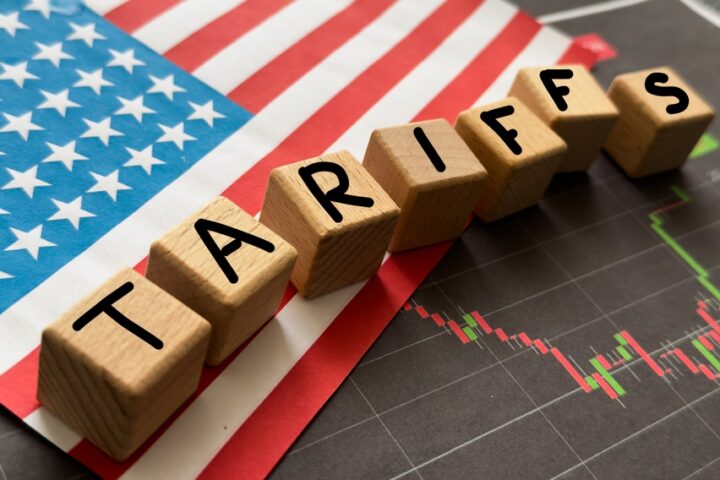What Happened
A bird flu outbreak in a commercial poultry farm in Georgia, the nation’s top chicken producer, is expected to trigger trade restrictions from major meat importers, an industry group warned on Tuesday. The U.S. Department of Agriculture (USDA) confirmed that a flock of 45,500 breeder chickens tested positive in Elbert County, marking Georgia’s first case in a commercial poultry operation.
Why It’s Important
Trade restrictions on Georgia’s poultry exports could result in significant financial losses for farmers and processors such as Pilgrim’s Pride (PPC.O). The outbreak comes amid growing concerns about President Donald Trump’s proposed tariffs on trading partners like China and Mexico, which could further impact U.S. agricultural exports.
Key Takeaways
- Confirmed Outbreak: USDA detected bird flu in a commercial poultry flock of 45,500 chickens in Georgia.
- Trade Restrictions: Countries including Mexico, Taiwan, and South Korea are expected to impose bans on Georgia’s poultry exports.
- Estimated Losses: Initial export losses could reach approximately $34 million, according to the USA Poultry & Egg Export Council.
- Timeline for Bans:
- Mexico could halt purchases for 2-4 weeks.
- Taiwan may block imports for 6-8 months.
- South Korea could enforce restrictions for at least 3-4 months.
- Industry Reaction: Georgia Agriculture Commissioner Tyler Harper called the outbreak a “serious threat” to the state’s leading industry.
Market Reaction
The potential bans on poultry exports have raised concerns among industry stakeholders. While China has already restricted Georgia’s poultry since 2023, additional bans from key markets could further harm U.S. agricultural exports. The USDA has not yet commented on possible trade measures in response to the outbreak.
Looking Ahead
The impact of trade restrictions will depend on how quickly Georgia can contain the outbreak and meet international biosecurity standards. With 138 million U.S. birds affected by bird flu since 2022, experts fear continued disruptions in global poultry trade. As the situation develops, poultry producers and exporters will closely monitor policy decisions from key trading partners.







